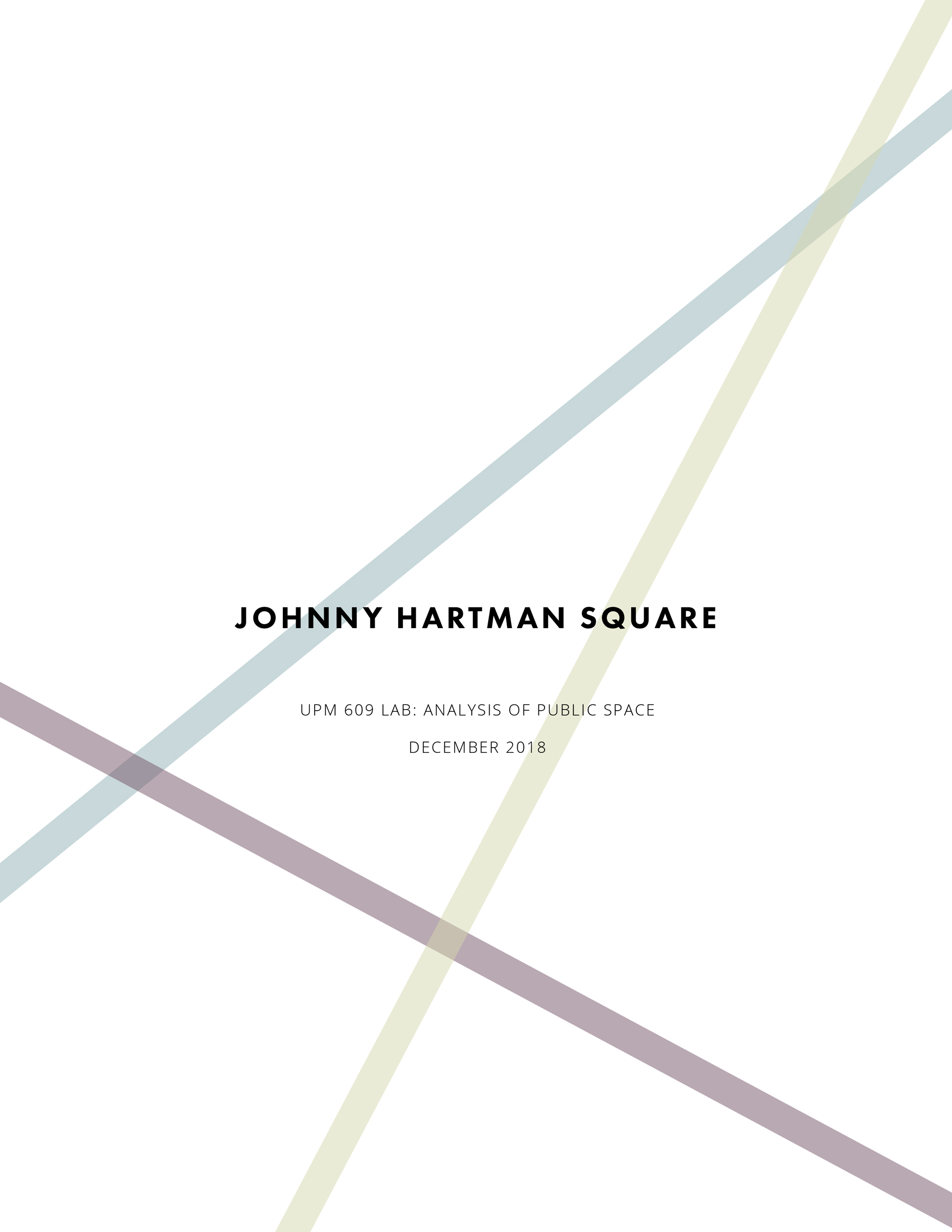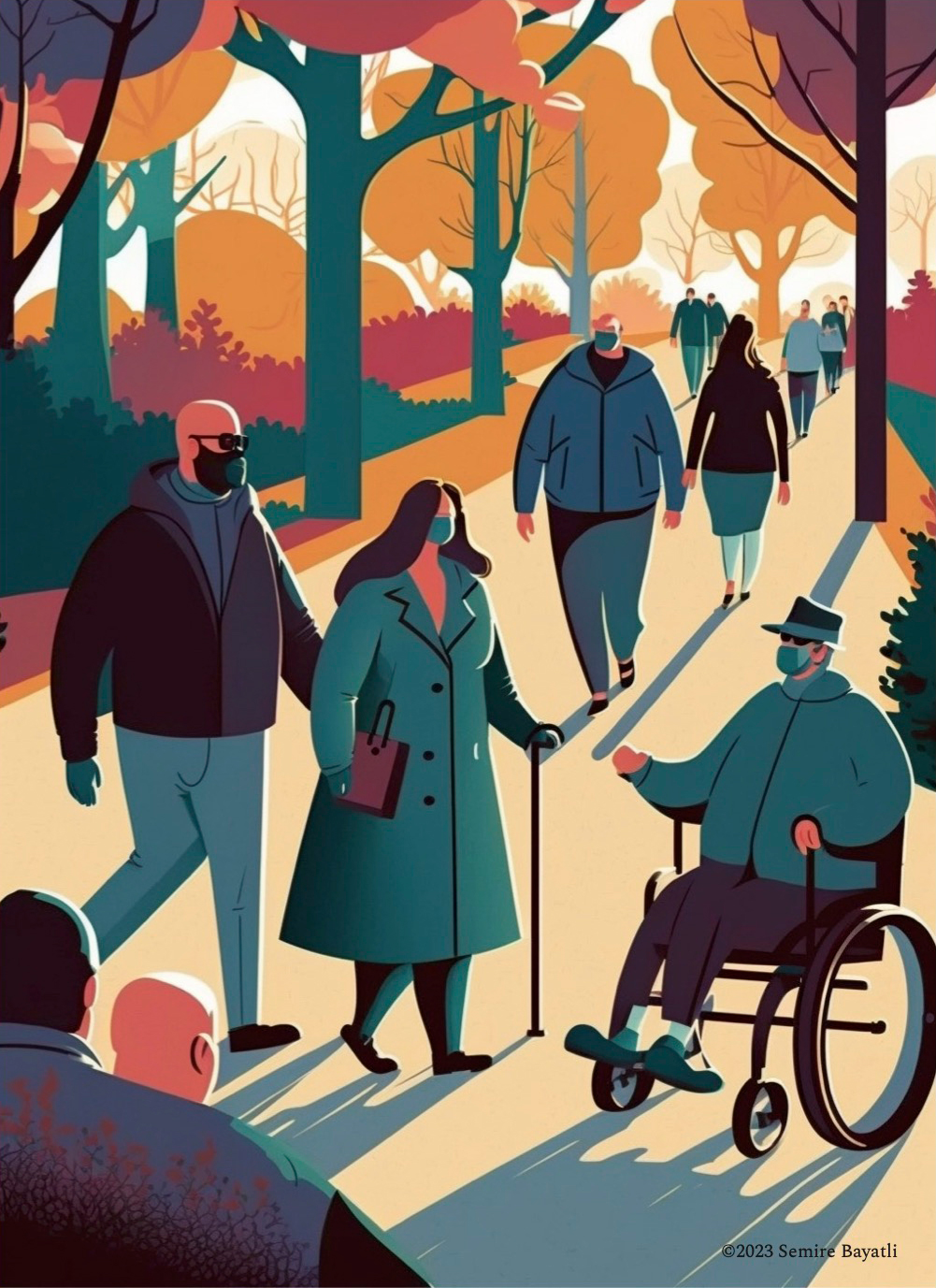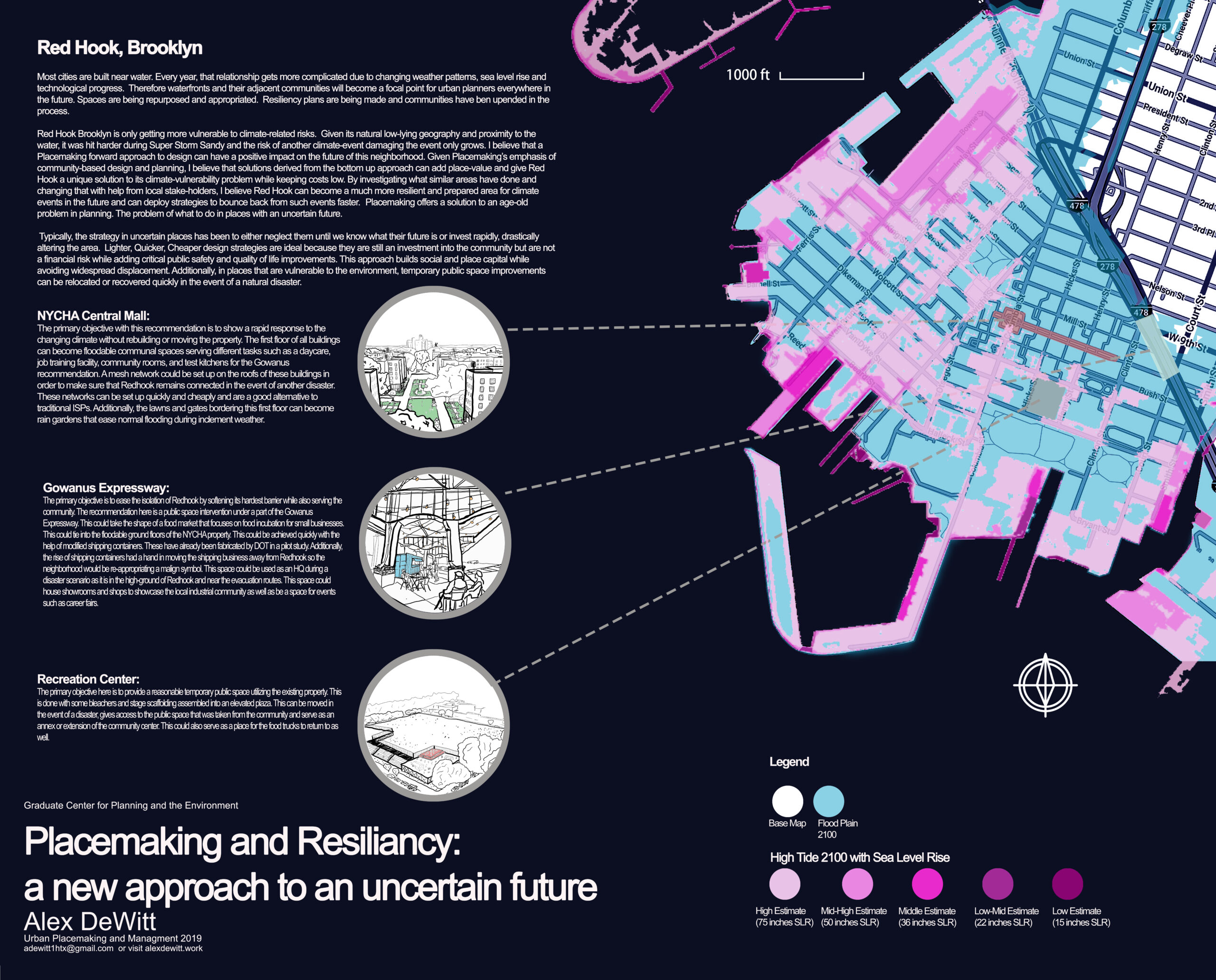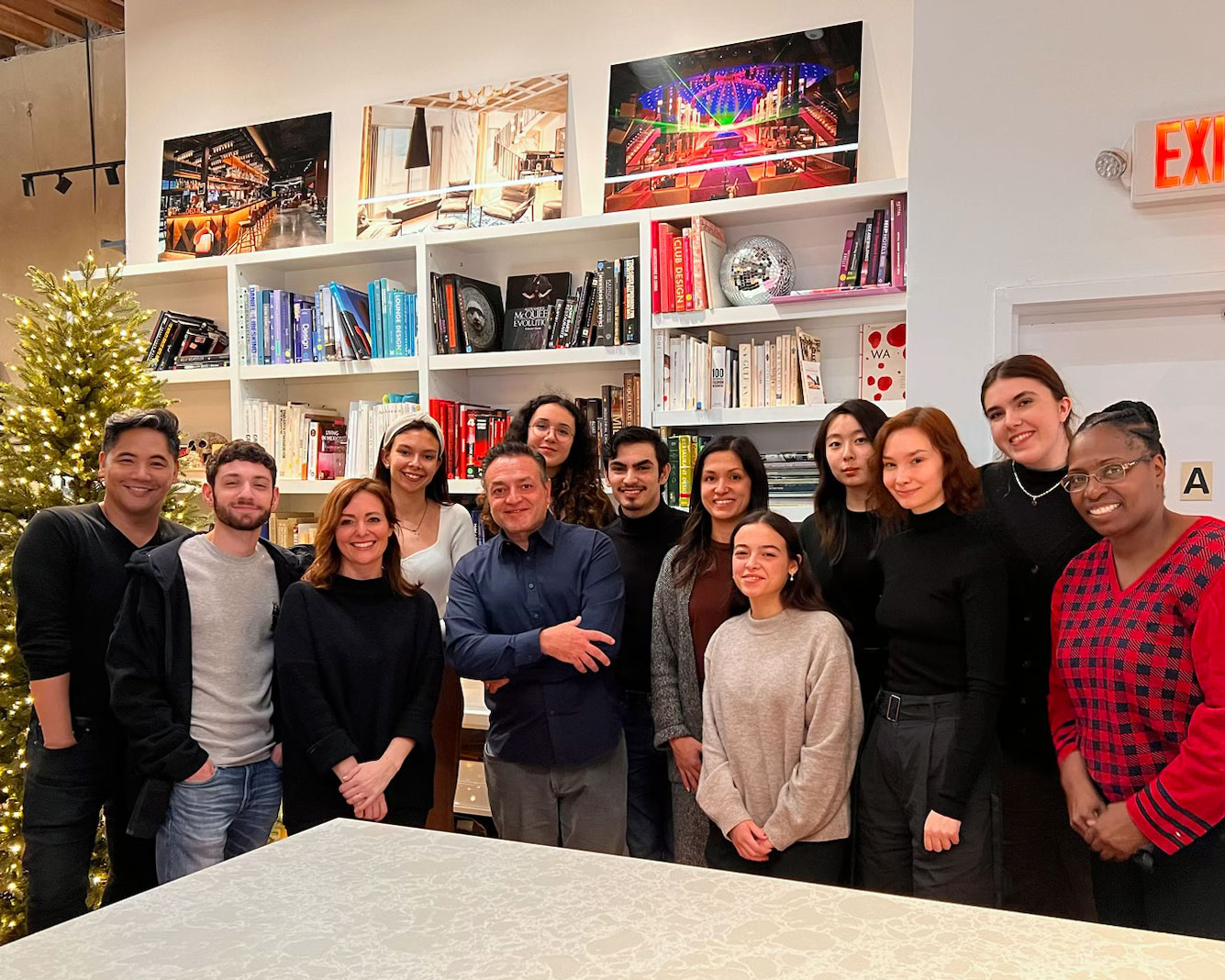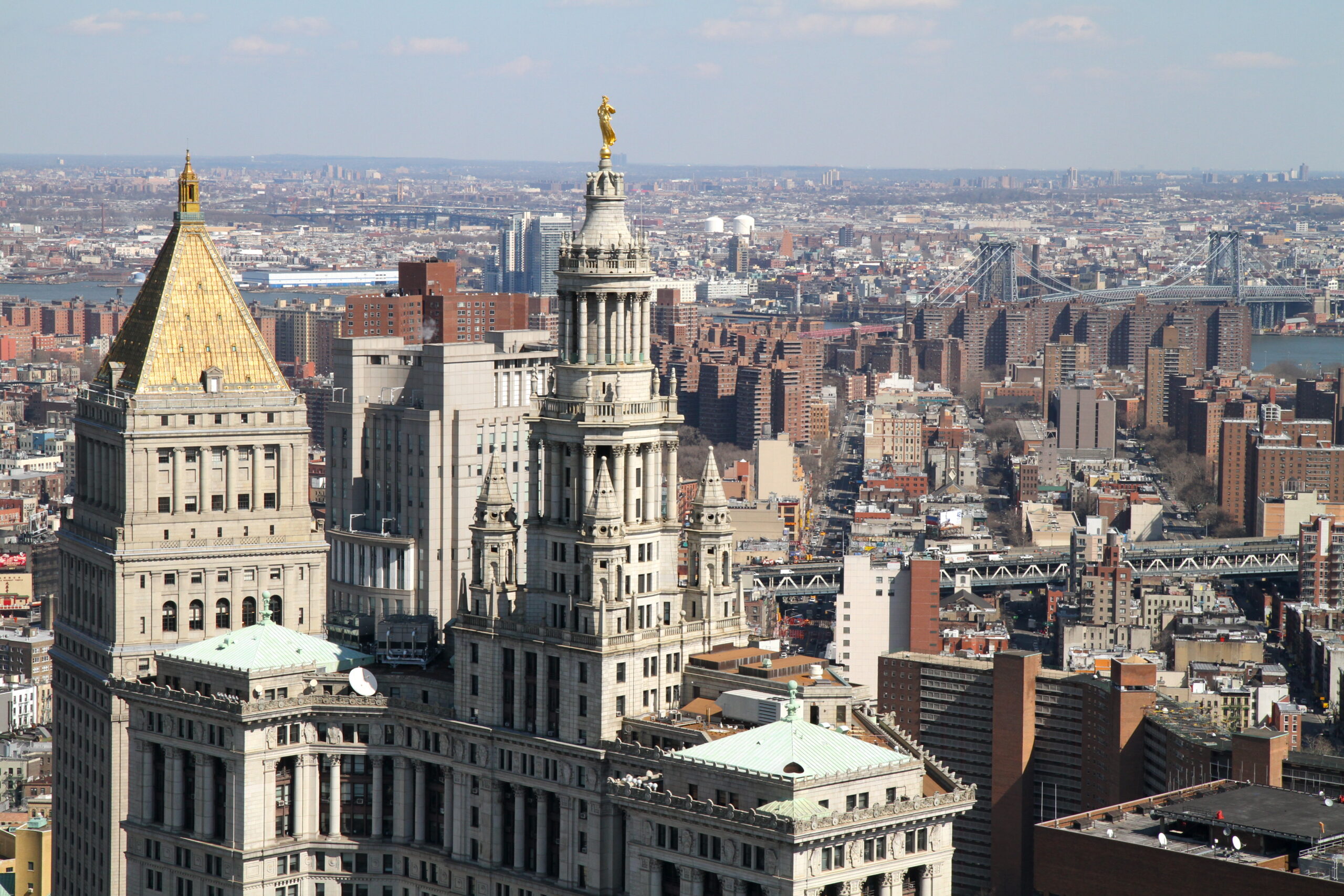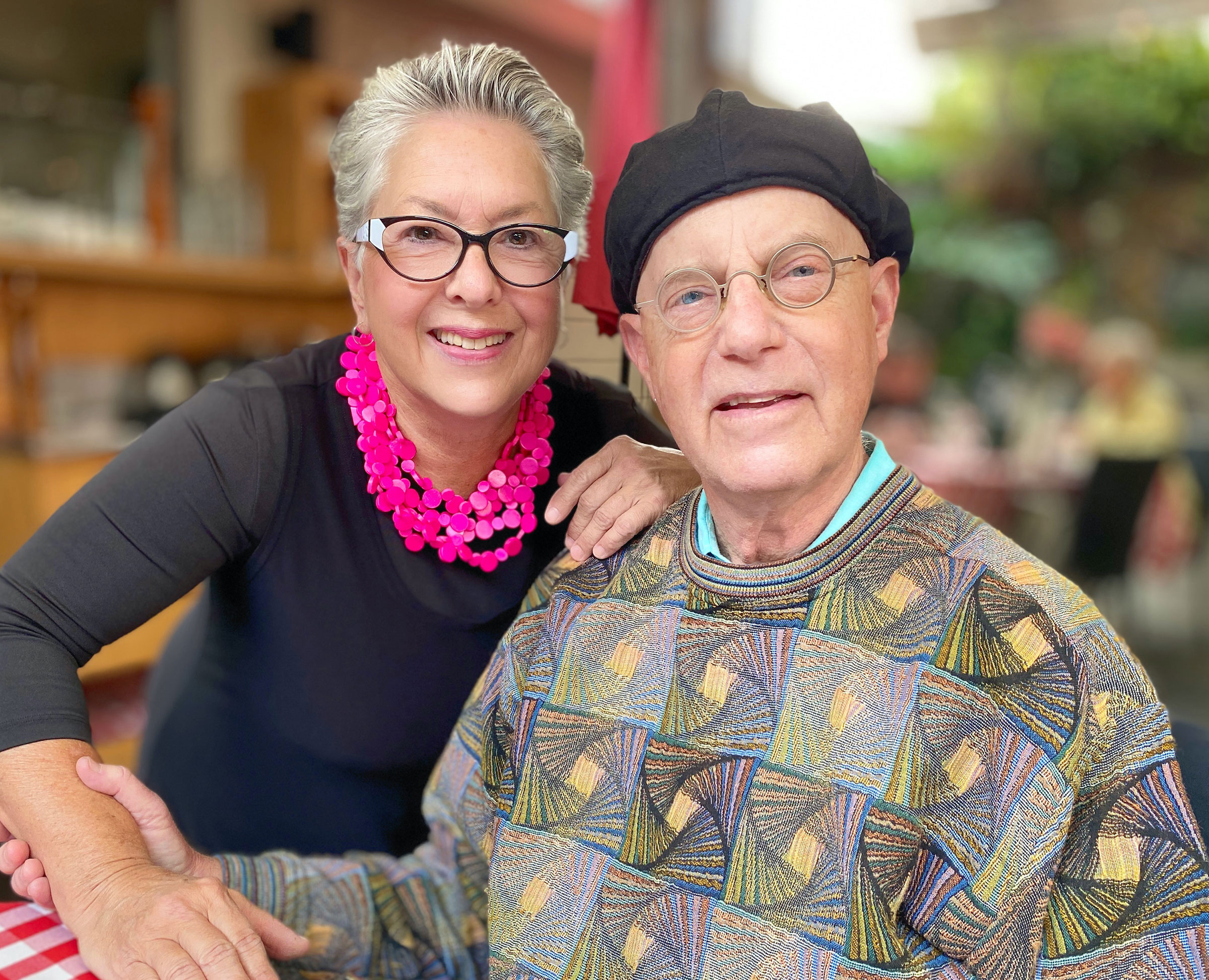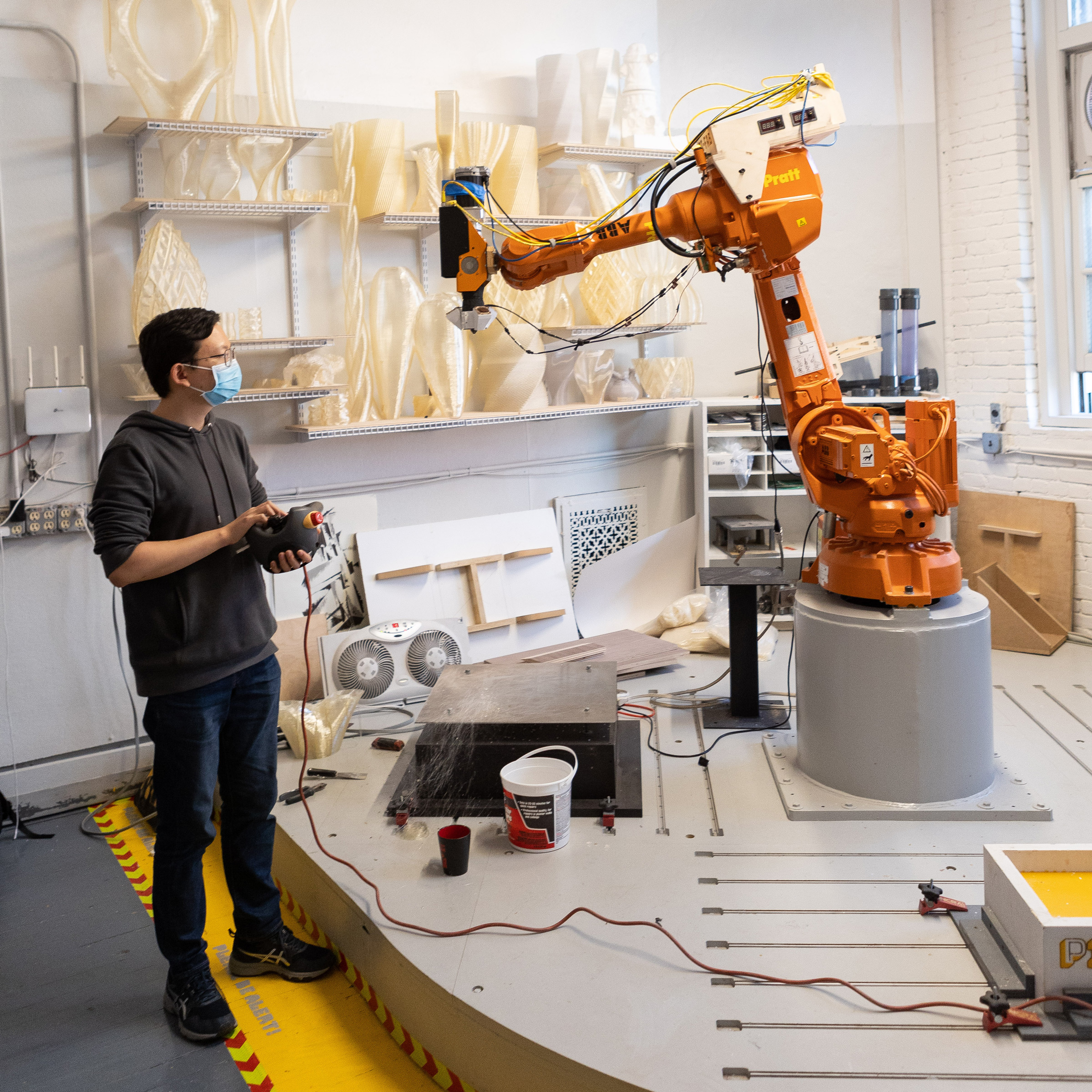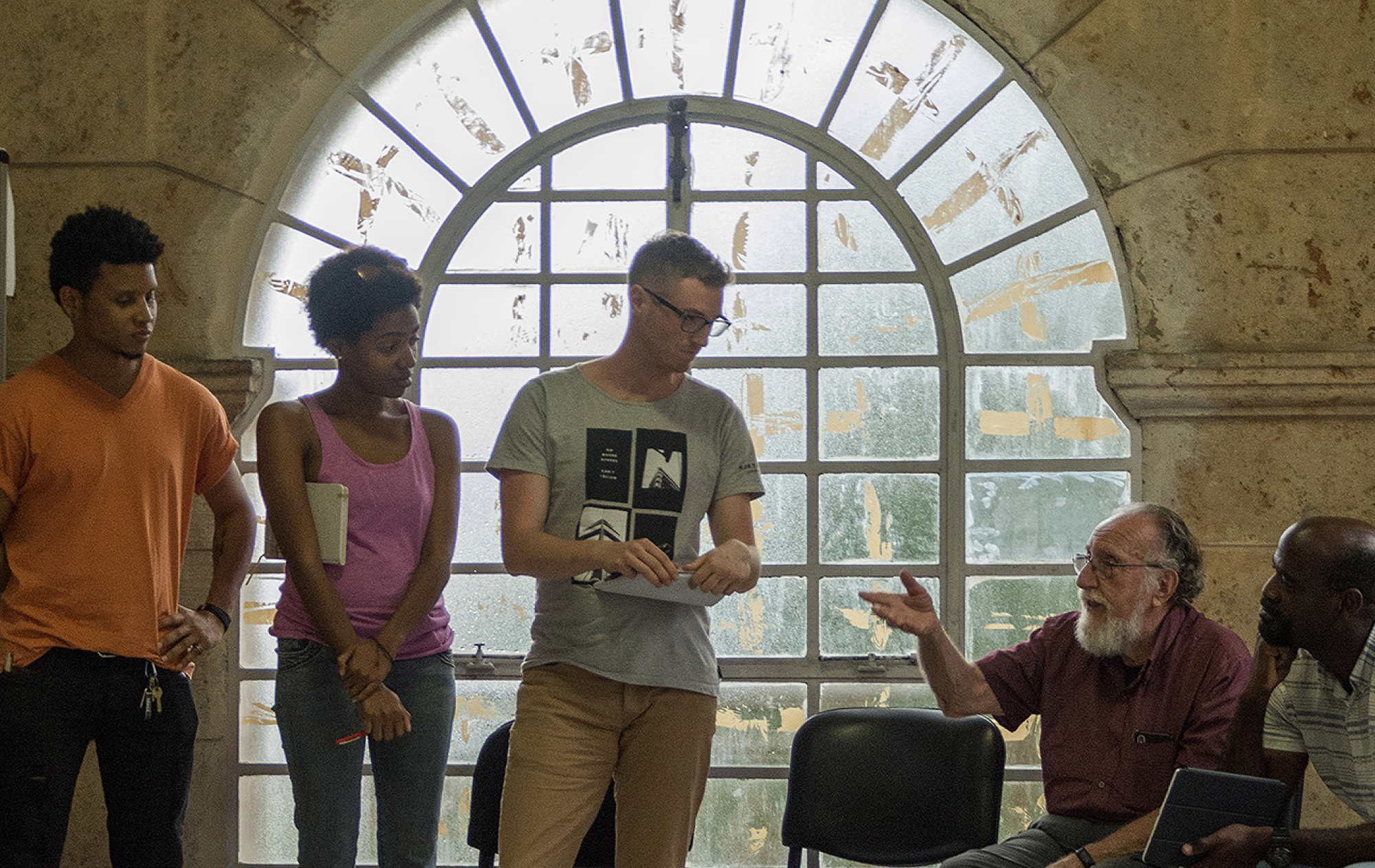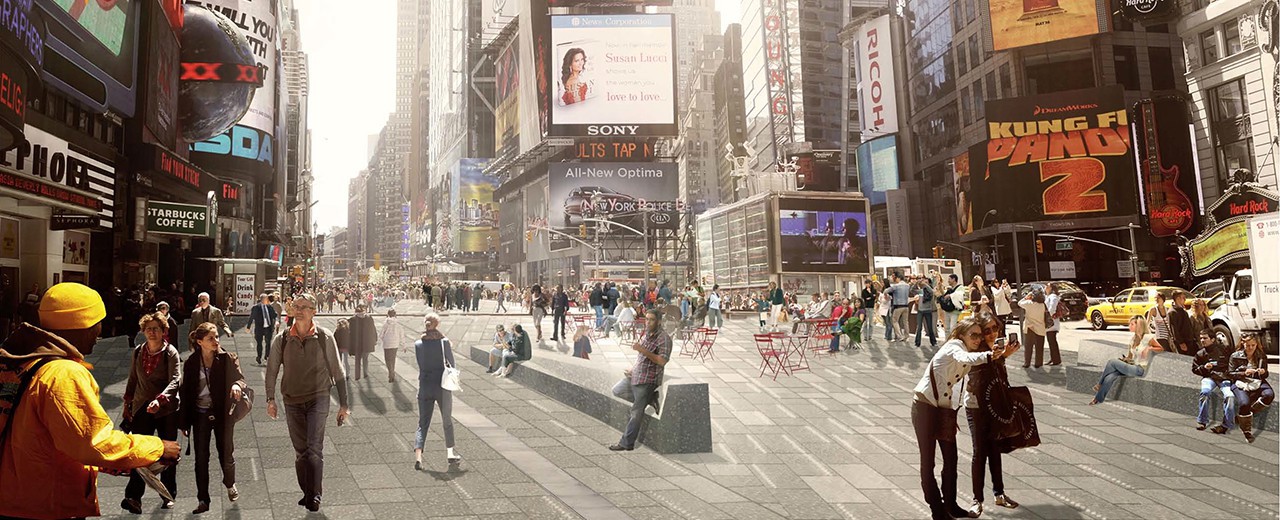

Urban Placemaking and Management at Pratt
We prepare professionals for this rapidly growing field. You’ll learn to create successful, vibrant, equitable, and economically viable public spaces using a bottom-up, community-driven, people-centric approach. Our program is for students with professionally oriented undergraduate education, professional degrees, or professional experience in architecture, engineering, environmental or landscape design, urban planning, or a background in geography, social sciences, and management. You’ll be immersed in the core skills of analysis, conceptual design, and management of the public realm in cities.
We also offer a 9-credit Advanced Certificate in Urban Placemaking. For more information on both the Advanced Certificate and MS program, Contact: David Burney, Academic Director, Urban Placemaking and Management, dburn153@pratt.edu.
Student Work
Take a look at examples of work by recent Urban Placemaking and Management graduates.
The Experience
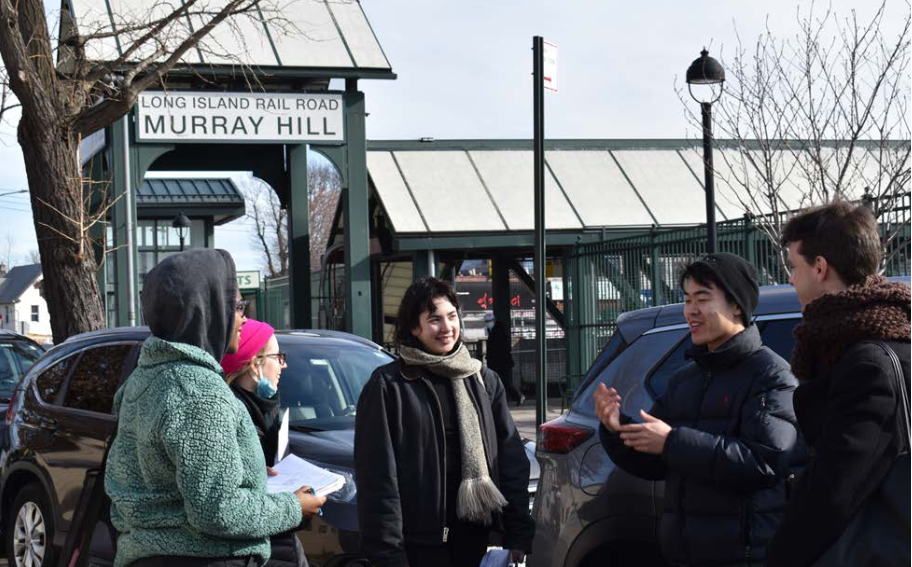
Interdisciplinary, socially engaged, and justice-driven, our tight-knit community is connected by a shared mission for transformative change. With class sizes of just 8-12, you’ll collaborate closely with your team, faculty, and community partners to learn the skills needed to create strategies and systems that meet real-world challenges.
Studio Culture
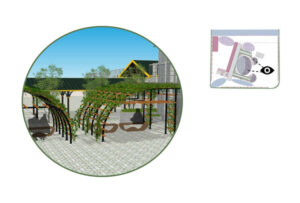
You’ll strengthen your skills through two studios in which you’ll work in teams. Your first studio (the Lab Analysis class) allows you to tackle real placemaking challenges and connects you with a public space managed by a business improvement district, community-based group, or another organization. Your second studio will be an interdisciplinary studio with students from the other GCPE programs.
Internships and Fellowships
Students have the opportunity to gain work experience in the field at some of the leading placemaking organizations. Opportunities include positions within New York City with leading organizations like the New York City Department of Transportation, OpenPlans, Urban Design Forum, Streetlab, the Pratt Center for Community Development, and at great public spaces like Bryant and Domino Park.
The program provides a few students with the opportunity to do independent research focusing on placemaking. Past fellowship topics include public art and creative placemaking, European placemaking, architecture and place-based theory, place and identity, secret spaces, and placemaking in Southeast Asia.
Study Abroad
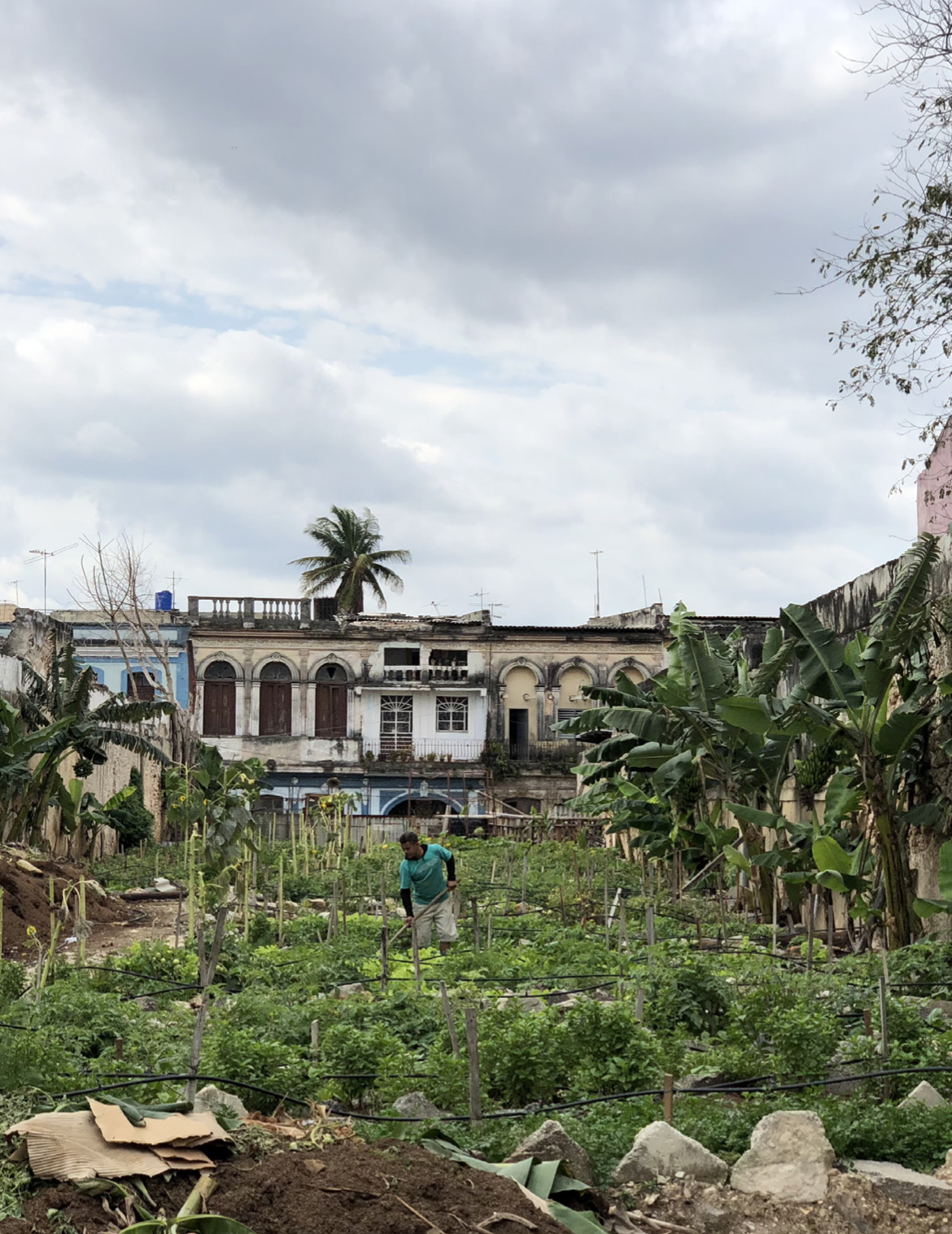
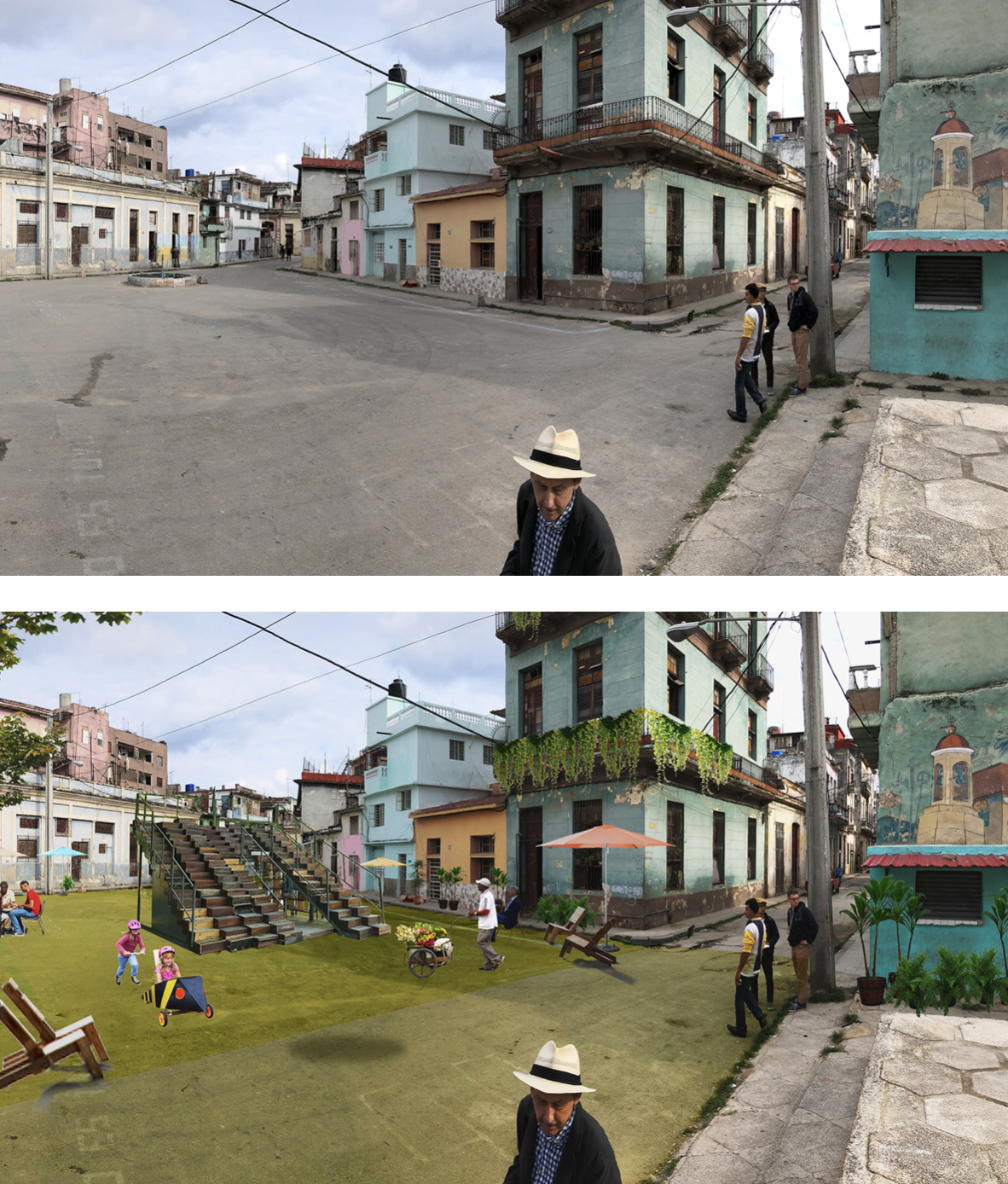
Immersing yourself in another culture is an incredible experience that can extend the boundaries of creativity. Study abroad programs are an integral part of the college experience, and Pratt has deep connections with university partners around the world.
Depending on student interest, through various courses, Pratt students have the opportunity to learn and exchange knowledge by traveling to places such as Paris, Brazil, Prague, Japan, and Italy.
Pratt Institute also has a strong relationship with the main architecture school in Havana, Cuba and each spring semester, as part of a course of study, students have the opportunity to spend a week in historic Havana working on a group project addressing key questions around preservation, sustainability, and placemaking.
Learning Resources
We develop disciplinary fluency in our program of study and we celebrate the interdisciplinary nature of design critical to address the plurality and complexity of the environments in which we operate. Learning resources
Our Faculty
Pratt’s distinguished faculty of outstanding creative professionals and scholars share a common desire to develop each student’s potential and creativity to the fullest. Bringing different views, methods, and perspectives they provide a rigorous educational model in which students make and learn. See all Graduate Center for Planning and the Environment faculty and administrators.
-
David Burney
Academic Director of Urban Placemaking Management; Visiting Associate Professor
-
Lida Aljabar
Visiting Assistant Professor
-
Emily Ahn Levy
Interim Academic Director, Urban Placemaking Management; Visiting Assistant Professor
-
Margaret Walker
Visiting Assistant Professor
-
Jack Travis
Adjunct Professor; SCPS Lecturer
-
John Shapiro
Professor
-
Stephen Davies
Visiting Assistant Professor
-
Gabriel Vignoli
Visiting Professor
-
Ronald Shiffman
Visiting Professor
-
Jonathan Martin
Professor
-
Andy Lee
Visiting Assistant Professor
-
Mei Ling Chua
Visiting Professor
-
Vaidehi Mody
Visiting Assistant Professor
Our Alumni
Pratt’s distinguished alumni are leading diverse and thriving careers, addressing critical challenges and creating innovative work that reimagines our world.
Where They Work
- Carolyn Levine, 2021, founder of This Must be the Place
- Devshri Shah, 2021, Senior Urban Planner, IBI Group
- Jackson Chabot, 2019, Director of Advocacy and Organizing, Open Plans
- Claudia de la Cruz, 2019, Planner, New York City Department of City Planning
- Vaidehi Mody, 2020, Senior Planning Consultant, New York City Housing Authority
- Emily Ahn Levy, 2017, Visiting Assistant Professor, Pratt Institute
- Omar El Feki, 2022, Project Manager, RMP Stephan Lenzen Landschaftsarchitekten
- John Bezemes, 2018, Undergraduate Admissions Director, Pratt Institute
- Karissa Lidstrand, 2017, NYC Department of Transportation, Planning Team Lead
- Maithri Shankar, 2023, Dining Out NYC Community Coordinator, NYC Department of Transportation
- Danielle Russell, 2020, Grant Program Manager, Yamhill Community Care
- Benjamin Ratner, 2024, Director of Land Use, Policy, & Budget with Council Member Pierina Sanchez at New York City Council
Success Stories
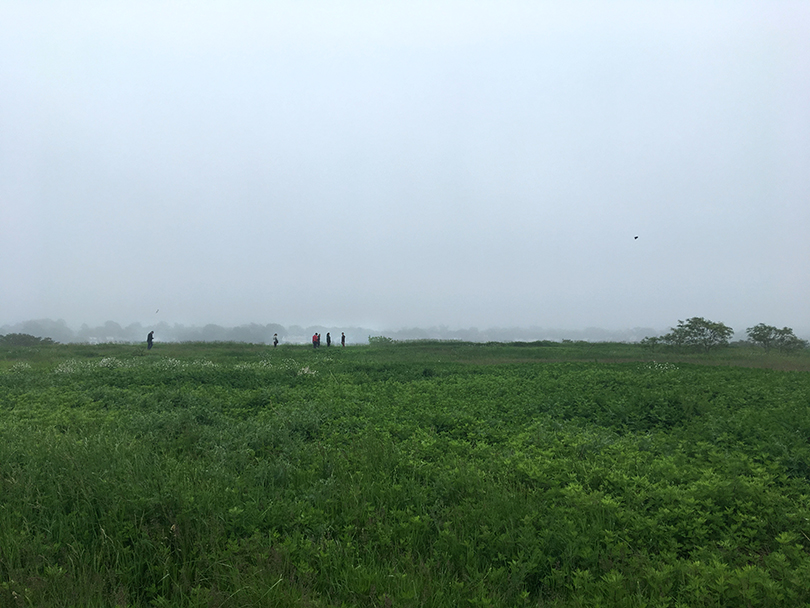
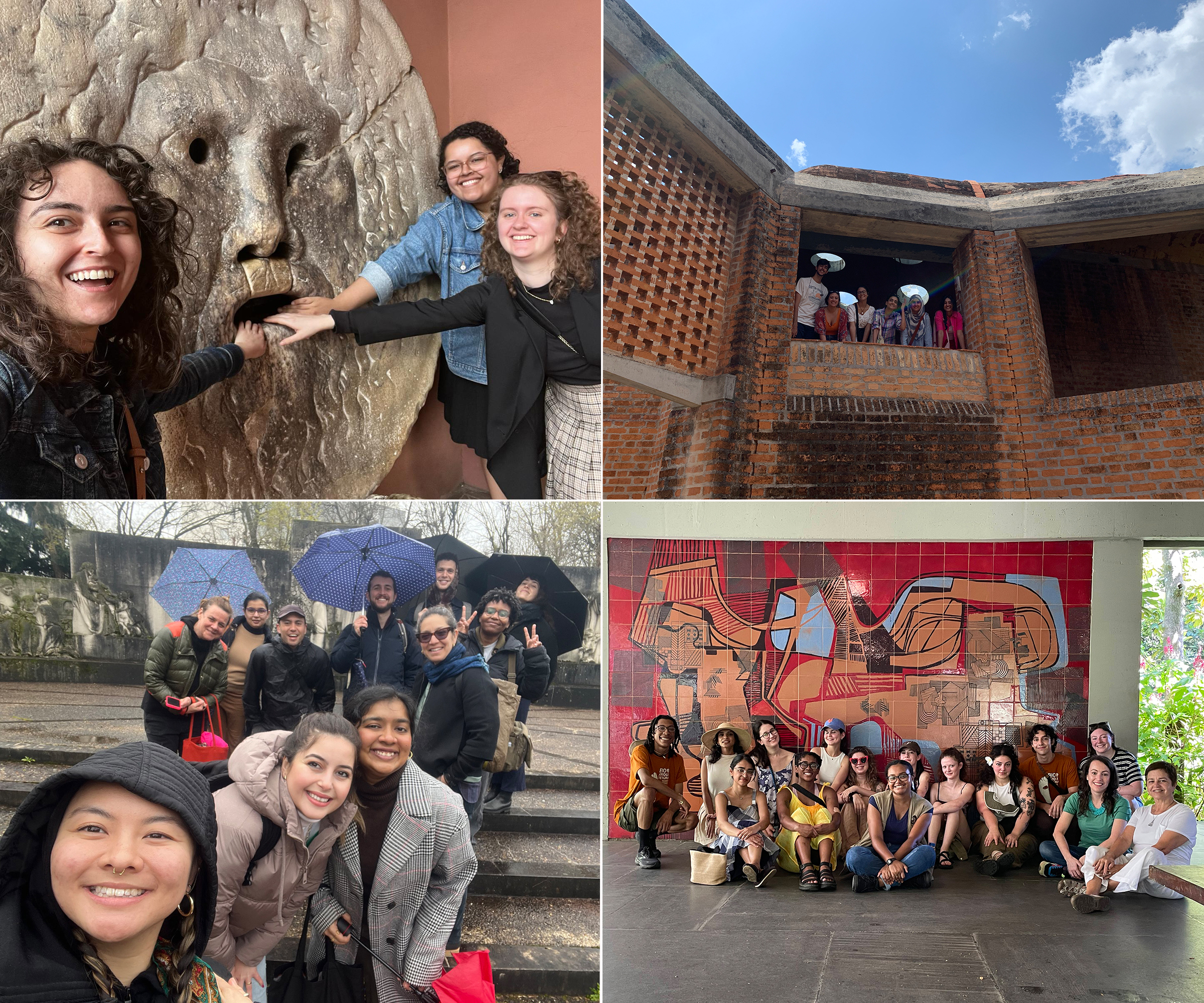
Scenes from Trips Abroad
Article
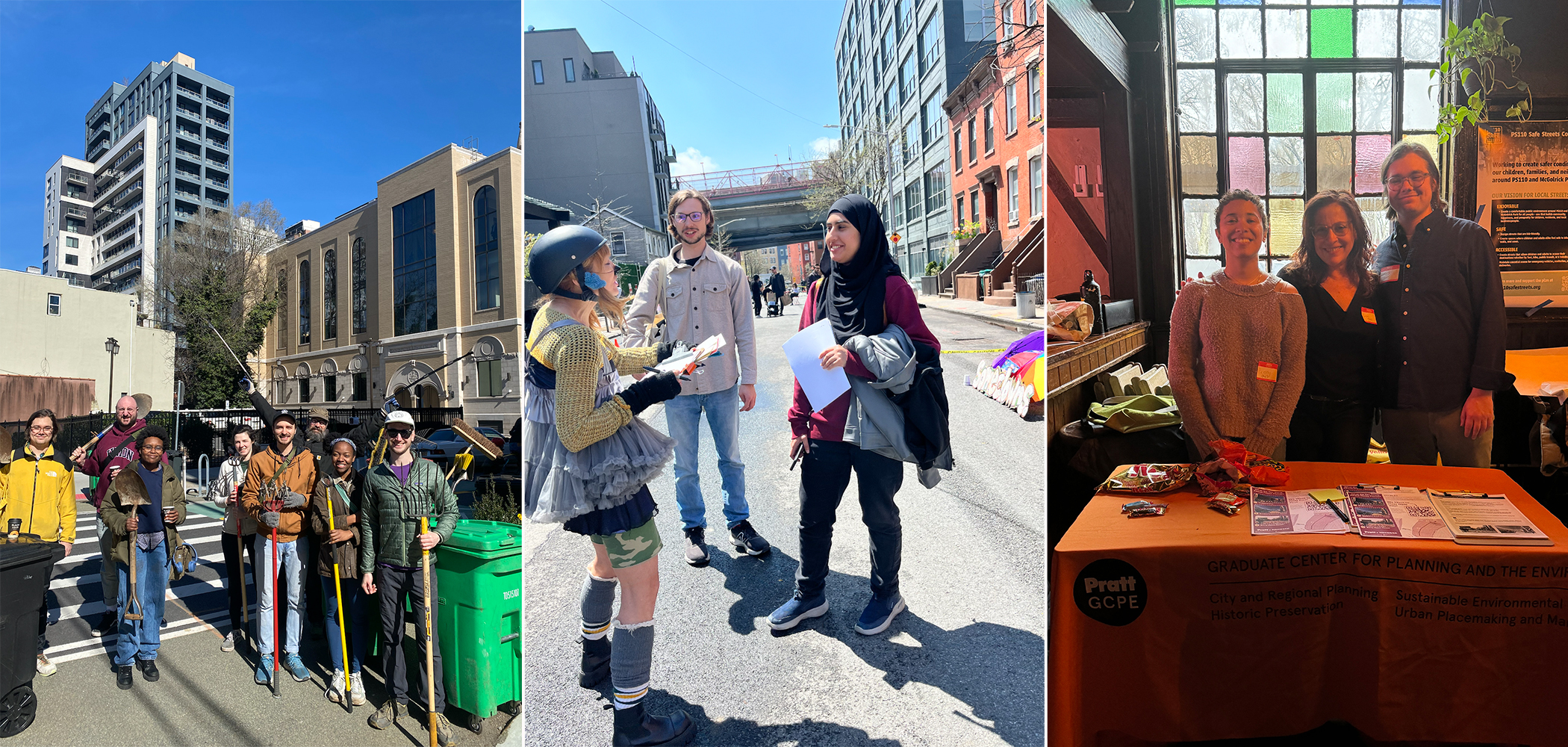
Open Streets and Open Dialogues
Article
Equitable Economic Development through Creative Placemaking
Ready for More?
| HERE’S HOW TO APPLY | OUR CAMPUS & BEYOND |
|---|---|
| Join us at Pratt. Learn more about admissions requirements, plan your visit, talk to a counselor, and start your application. Take the next step. | You’ll find yourself at home at Pratt. Learn more about our residence halls, student organizations, athletics, gallery exhibitions, events, the amazing City of New York and our Brooklyn neighborhood communities. Check us out. |
Upcoming Information Sessions
All times ET
GCPE MS Graduate Admissions Info Session
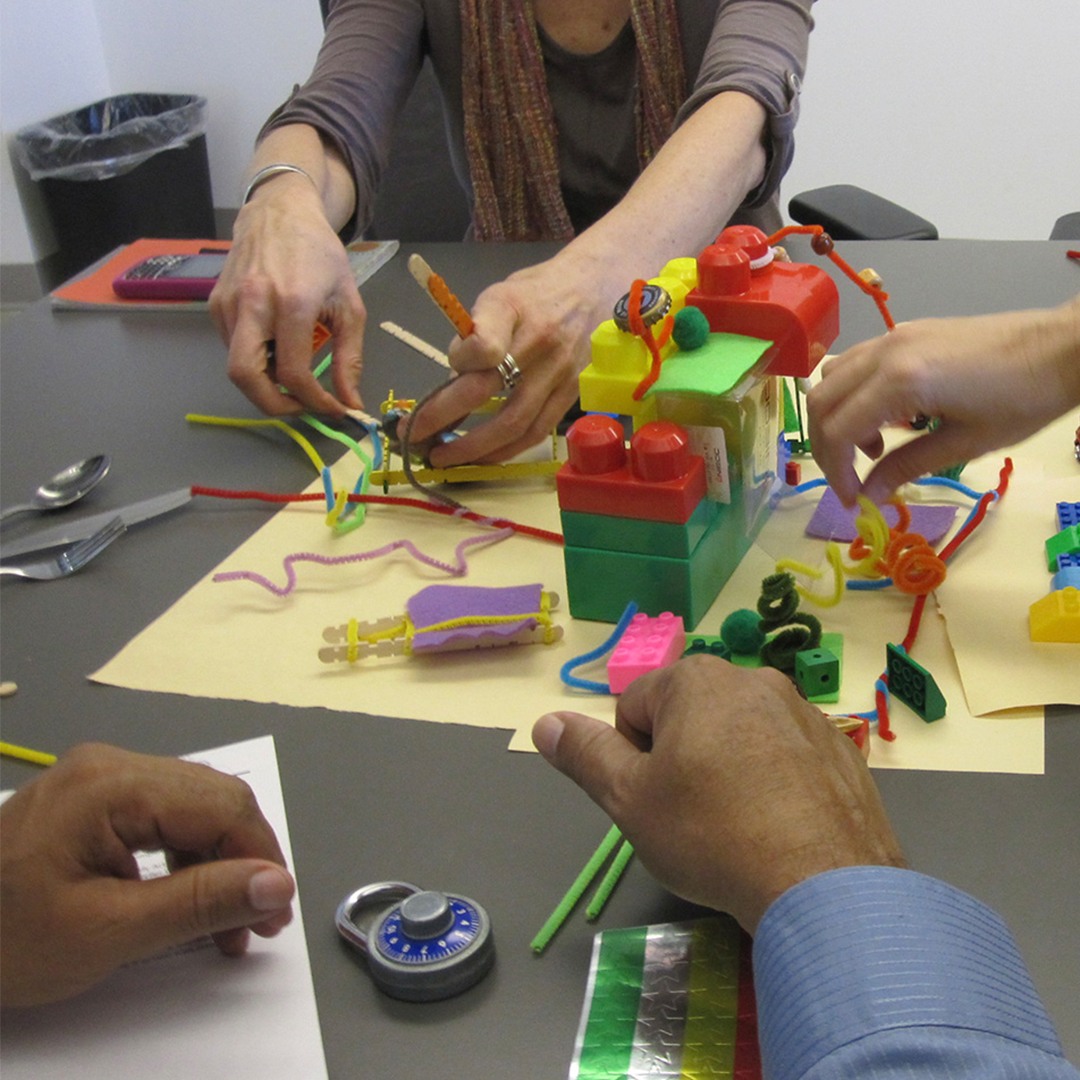
Tuesday, February 11th 10am-12pm (Virtual)
